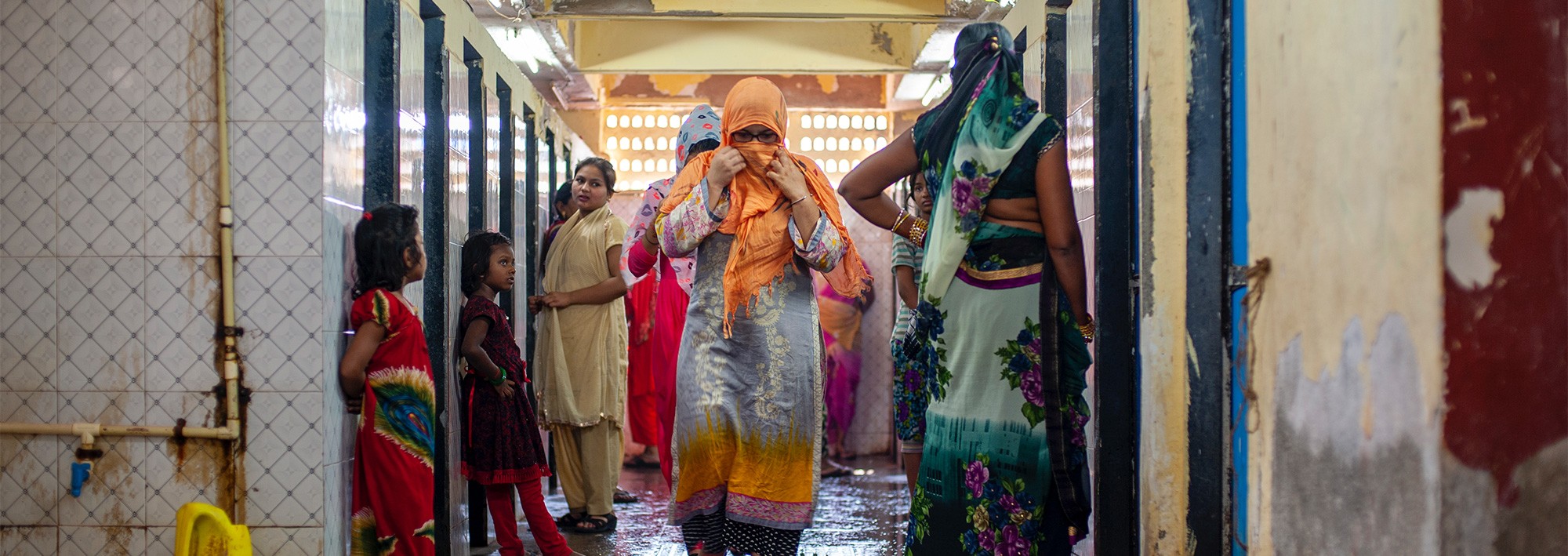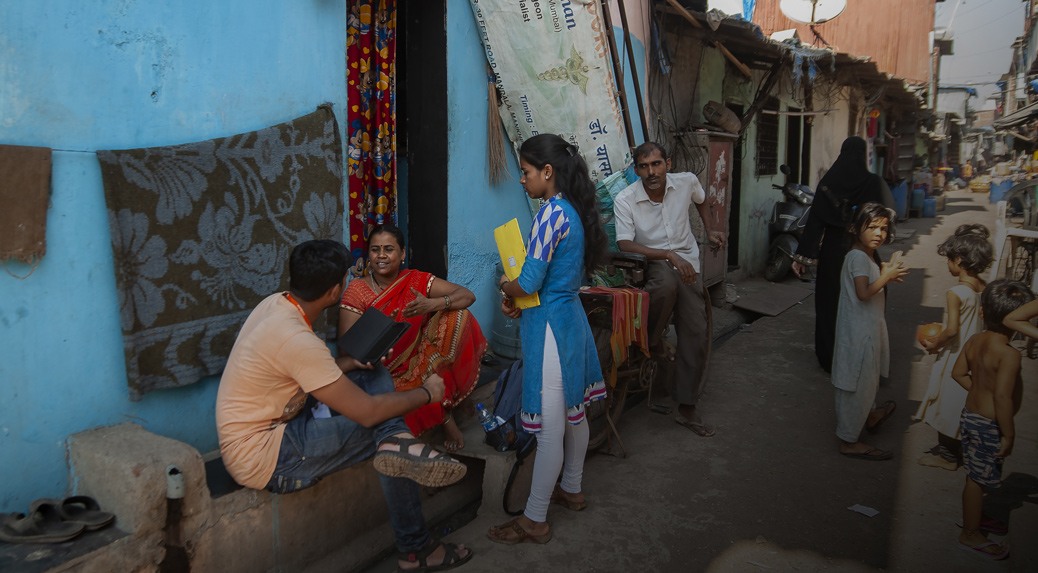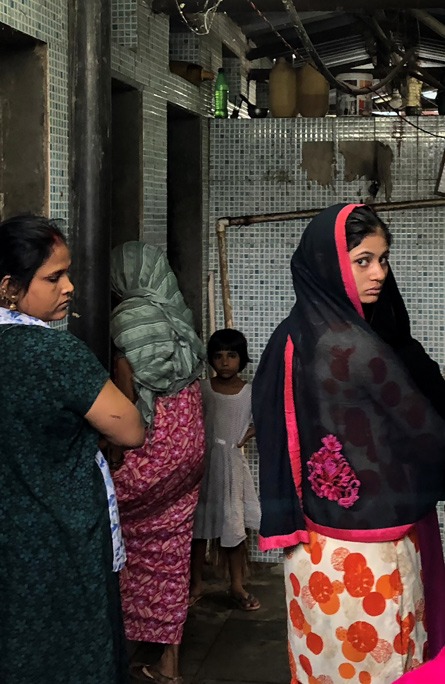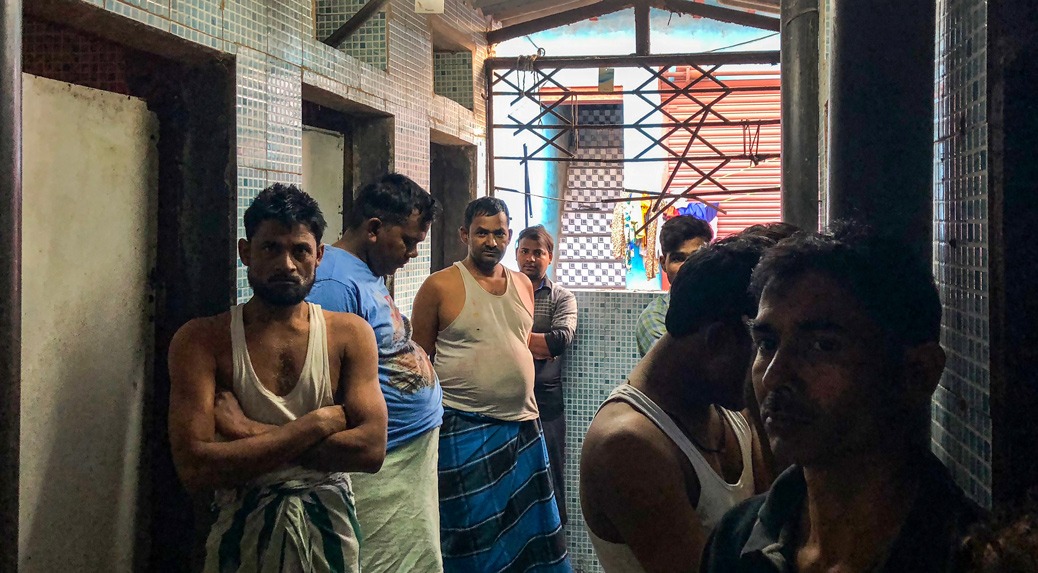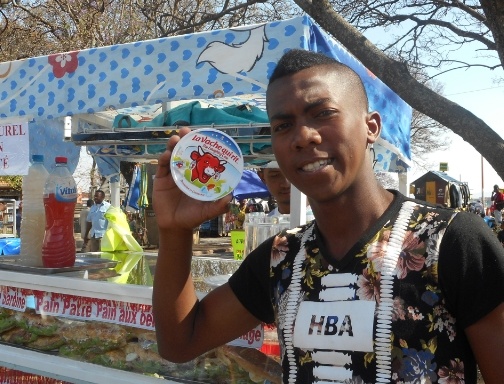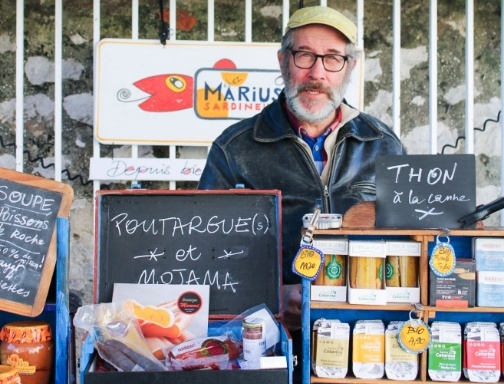Understand the barriers,
test solutions.
Are stinky toilets deadly? They are if malodour reduces toilet use and drives people to defecate in the open. What impact might an innovative odour technology have by encouraging the use of available toilets?
Archipel&Co designed and delivered a study in ten low-income settlements across India, China, Kenya and South Africa to better understand how malodour technology, developed by Firmenich, could encourage low-income urban residents to adopt safer sanitation practices.
